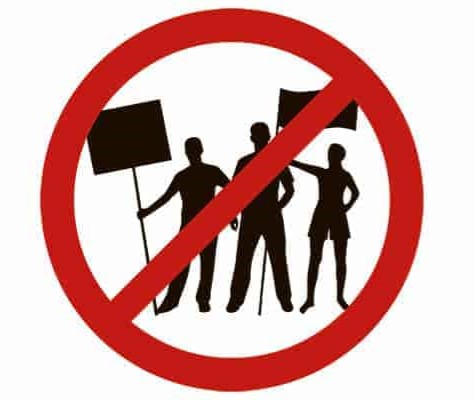
Are new anti-strike laws about to stop or, at least, minimise disruption on strike days? Prime Minister, Rishi Sunak, has just announced that he is working on a “new tough law” to protect the disruption that results from public sector strikes. He wants to implement this unless trade union bosses back down over what he has described as their “unreasonable” pay demands.
Unions are calling for pay rises to keep up with the cost of living. The current rate of inflation rate is 11.1%. This is the highest level for 40 years. However, in the current economic climate, the government has said that it simply cannot afford to increase pay in line with the rise in inflation.
The long dispute with rail unions over pay rises, job cuts and changes to terms and conditions has caused constant rail strikes throughout the year, bringing public transport to a standstill. More walkouts are planned for this month and into 2023. The government has already put forward the Transports Strikes (Minimum Service Levels) Bill. This is designed to ensure minimum service levels on transport networks during strikes but its draft has yet to be debated by MPs or peers.
Our postal service continues to be heavily disrupted by all of the postal worker strikes.
Alongside those, nurses, paramedics, ambulance workers, bus operators and driving examiners are among the wider categories of staff set to strike this winter.
